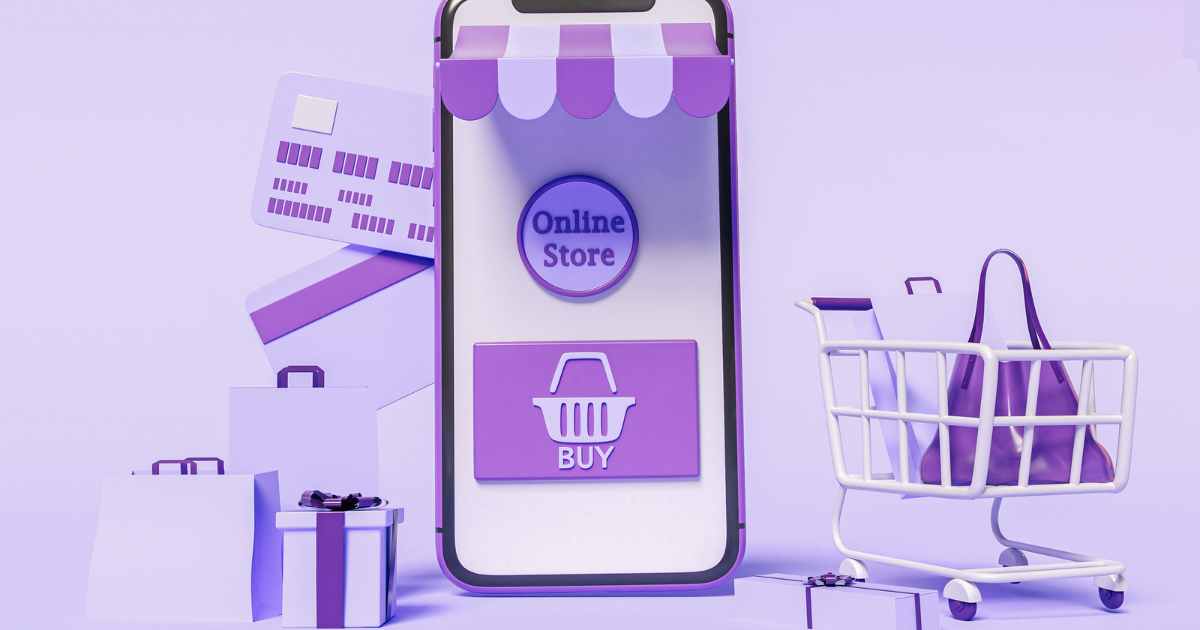
While the Internet has made it easier for brands to market themselves online, the Internet has however, also made it harder for brands to protect their intellectual property and brand identity, and for customers, made it near impossible to verify the authenticity of a business or brand they may be engaging with.
This is especially relevant as South Africans are spending more time online. The We Are Social Digital report places the number for 2016 at 26.8 million. Furthermore, more South Africans are transacting online, with research by Worldwideworx’s Online Retail in South Africa 2016 report showing that online retail in the country is expected to reach an all time high at 1% of overall retail during 2016.
Distinguishing the real from the fake
Shana Kay together with co-founder Kevin Derman launched IntelliCred in 2010 with the aim of helping businesses to protect themselves against online brand abuse.
“Spam, online impersonation, brand-jacking, phishing, fake associations, inconsistent brand positioning. [This results in] lost revenue, all due to one reason. Right-click, save-as,” says Shana Kay, describing why there is a need for their offering.
“We are solving real-world problems and addressing a market that is underserved in terms of true-brand-protection,” she adds.
Kay says they initially developed their products after finding themselves, like most South Africans who engage with businesses online, increasingly unable to “tell the difference between a fly-by-night company and a credible company.”
Making it harder is that the online associations or certifications that businesses may have pasted on their homepages may be fraudulent.
The first product they launched is called InfoInteg Trust Seal, which works to verify a brand’s web content. Once the site has been verified it is then provided with an Trust Seal.
They have since expanded their product offering to include a fully-fledged online brand protection product that “provides customers with tools to monitor, protect and detect their logo use on the web,” says Kay.
This product allows businesses, from a centralised platform, to control who has permission to use their logos such as affiliates and partners, and to keep their identity safe from brand infringers.
They also offer products to protect against other cybercrimes such as phishing, spam and emulation.
We speak to Kay about the challenges of running a niche business and why entrepreneurs shouldn’t spend too much time trying to perfect a product before launching.
On being outside the mainstream
Finding the right support for our business is a challenge as what we have developed is unique, but this has allowed us to focus on our core needs and set criteria for what our needs are.
On raising funding
I exited my first business to re-invest everything into this one and Kevin cashed in his pension fund. We self-funded the business until 2013 and then did a fund raising round for the business.
We are now in the next stage of fund-raising for the business.
On getting customers
We rely on personal introductions and do a lot of face-to-face presentations since what we do is new to the market. We are currently growing organically but will be rolling out our reseller program soon.
In the next two years we want to gain product adoption and become a household name for all things brand protection in both the local and (primarily) international markets.
On the biggest surprise about being a women in tech
[I was surprised by] how few women there are who are more than 25% equity owners as well as how few women-owned IT business there are.
On finding success along the way
I don’t think that I ever feel that “I have arrived” or “I have succeed”. I believe that there are phases in life and that each phase has a measure of success in terms of the phase requirements of that period of time.
I do have an overall sense of drive and determination and core belief that I will do my best with whatever I do to ensure that it will succeed in the way that it needs to.
On supporters
A supportive partner (and husband), my entrepreneur friends and my close circle of friends, especially my strong-passionate-female friends, who are all people who value individuality, are not judgmental and are supportive and offer guidance rather than criticise and instruct.
On the ecosystem
There seems to be a developing entrepreneurial ecosystem for startups which is great. The very obvious lacking component is the ecosystem supporting startups going through growing pains.
Mentorship, access to capital and business development support are all key business components that are not visibly supported for this stage of business.
On advice
Find a mentor not necessarily in your industry to guide you and bounce ideas off of. Having that person is so important as entrepreneurs can become isolated as we try and build businesses.
I wish I had known when I first got started not spend too much time trying to perfect a product. Getting customers or users to try it sooner than later is critical to ensuring product adoption.






